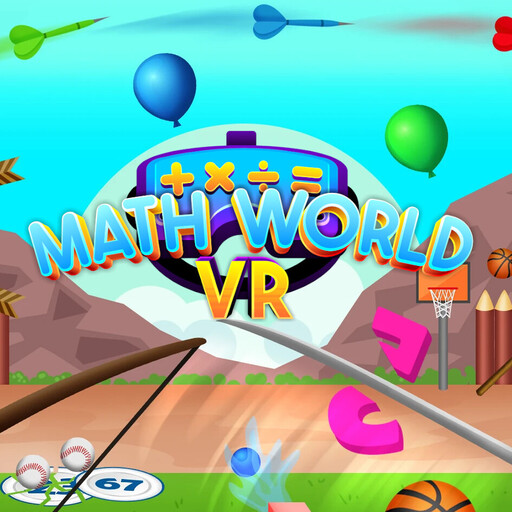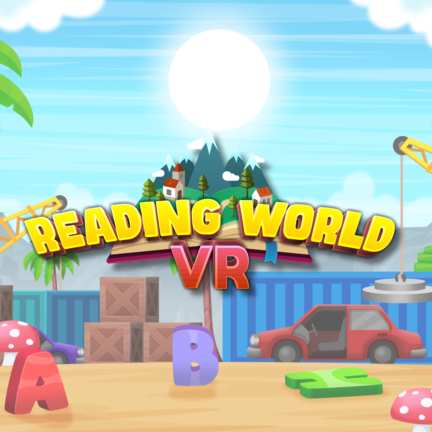As the school year ends and the scent of sunscreen fills the air, students all around eagerly anticipate the summer break. It’s a time for relaxation, exploration, and freedom from homework. However, the summer break while refreshing, comes with a hidden downside known as the “summer slide.” This phenomenon refers to the academic regression that students experience during the vacation period when they’re not actively engaged in learning. However, an innovative and engaging solution to combat the summer slide has come to the forefront – educational video games.
The Summer Slide: A Closer Look
The summer slide is a well documented reality. Studies suggest that students can lose up to two months of mathematical and reading skills over the summer. This loss can compound over the years, leading to a significant knowledge gap. Teachers then spend a considerable amount of time at the start of the new academic year re-teaching old material, slowing the progress of new learning.
To combat the summer slide, it’s crucial to keep students’ minds active and engaged. This is where educational video games shine, providing an enjoyable platform for continuous learning even during the holiday break.
The Advantages of Educational Video Games
Educational video games are specially designed to impart knowledge, promote critical thinking, and improve skillsets, all while keeping the fun element intact. Here’s how they can aid learning:
- Interactive Learning: Video games are interactive, providing an immersive experience that keeps players hooked. This high engagement level helps in better retention of information and concepts.
- Instant Feedback: Video games offer immediate feedback on players’ actions. This helps learners identify and rectify their mistakes instantly, leading to improved understanding and mastery of concepts.
- Adaptable Challenges: Many educational video games adapt their difficulty level based on the player’s progress, providing a personalized learning experience that can meet individual needs and pace.
- Enhancement of Cognitive Skills: Video games often require strategic thinking, problem-solving, and quick decision-making, helping players develop and enhance these critical cognitive skills.
Choosing the Right Educational Video Games
The key to harnessing the benefits of educational video games lies in choosing the right ones. The best educational games align with the player’s interests, are age-appropriate, and promote the learning of relevant skills.
For early readers, games like ‘ABC Mouse’ or ‘Reading Eggs’ can aid in language acquisition and reading skills. Math skills can be honed using platforms like ‘Prodigy’ or ‘Zearn,’ which turn mathematical problems into fun challenges. Games like ‘Minecraft: Education Edition‘ or ‘Kerbal Space Program’ can ignite interest in STEM fields by providing interactive and engaging learning environments.
Striking a Balance: Screen Time and Summer Activities
While educational video games offer a plethora of benefits, moderation is key. Balance screen time with physical activities, reading, and family time to ensure a well-rounded summer experience. It’s essential to adhere to recommended screen time guidelines and ensure children take regular breaks to rest their eyes and avoid digital fatigue.
The Importance of Parents and Guardians, in Game Based Learning
When it comes to utilizing video games as a solution to prevent learning loss during the summer, the involvement of parents and guardians is crucial.
Here’s how parents can play a role:
Engaging in Gameplay. Parents can actively participate in playing games with their children. This not only strengthens their bond, but also enables parents to guide and discuss various learning aspects that arise during the game.
Establishing Objectives. Similar to learning, setting goals can enhance the educational value of video games. Parents can establish learning objectives such as mastering a concept or achieving a particular level. This helps to keep their child motivated and on track.
Encouraging Discussion and Reflection. Having gameplay discussions can reinforce what has been learned. Parents can engage their children in conversations about the game and discuss challenges encountered. They can also discuss the strategies employed and lessons discovered. This reflection aids in internalizing concepts and helps promote thinking.
Diversifying Game Selection. While some games may focus on math skills, others might cater to language arts or science. Parents can curate a collection of games to ensure a rounded learning experience throughout the summer.
Practical Implementation. In order to connect real life learning, parents can motivate children to apply the knowledge they acquire from games in actual situations. For example, after playing a game that teaches money management, parents can give their children a budget to plan a family shopping day.
Integration of Additional Educational Resources. Video games are captivating. But incorporating resources such as e books, online courses, or do it yourself science kits can also offer a well rounded learning experience.
Conclusion
The summer slide is a substantial challenge, but it’s not insurmountable. Educational video games can be tools to help reduce the summer slide during the summer break. They offer a unique blend of fun and learning that can keep children engaged, help them retain and even enhance their knowledge and skills, making the transition to the new academic year smooth and effective.
Remember, the goal of combating the summer slide isn’t to transform summer into a time of traditional academics but to promote continuous, engaging, and enjoyable learning. So this summer, let’s game on!








